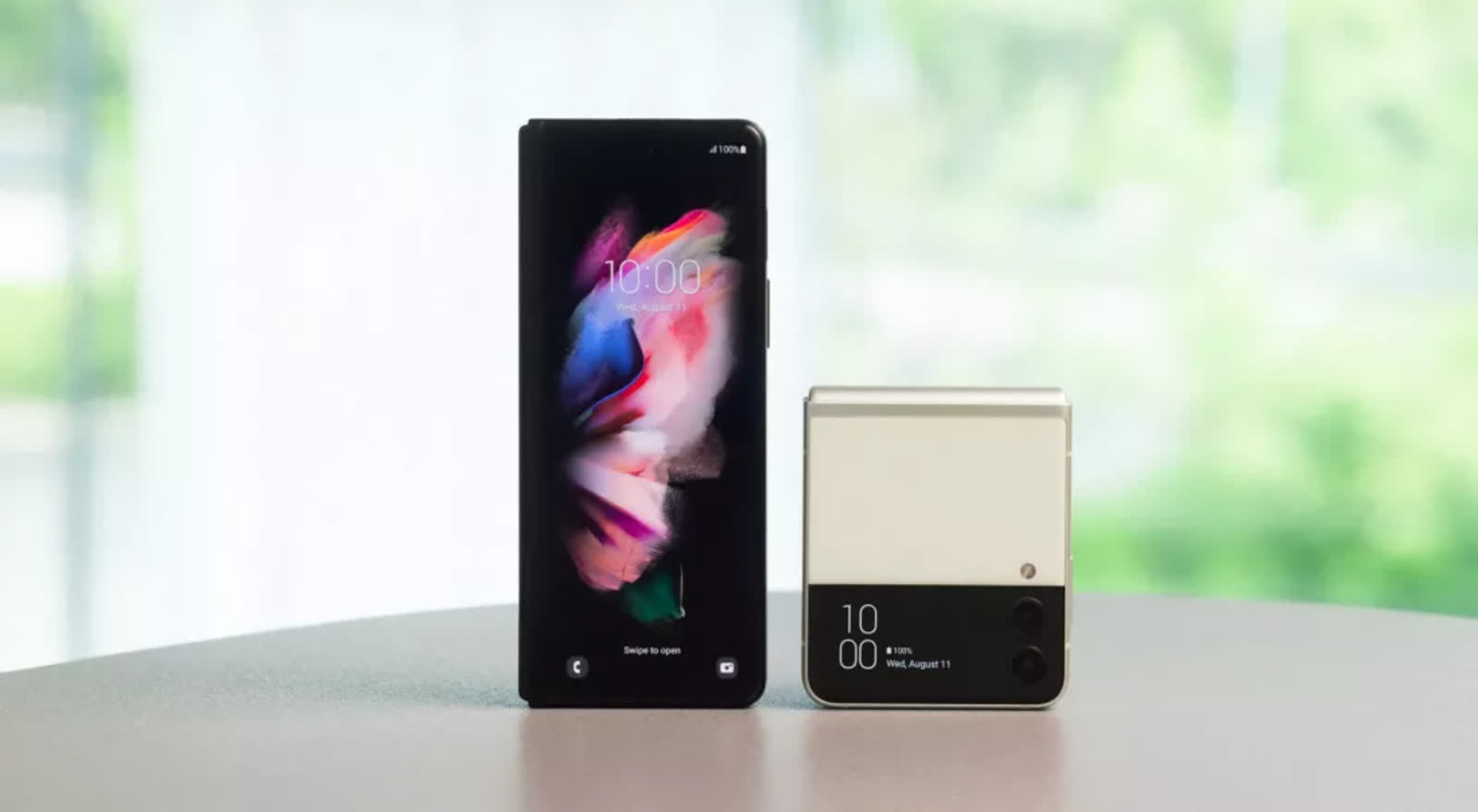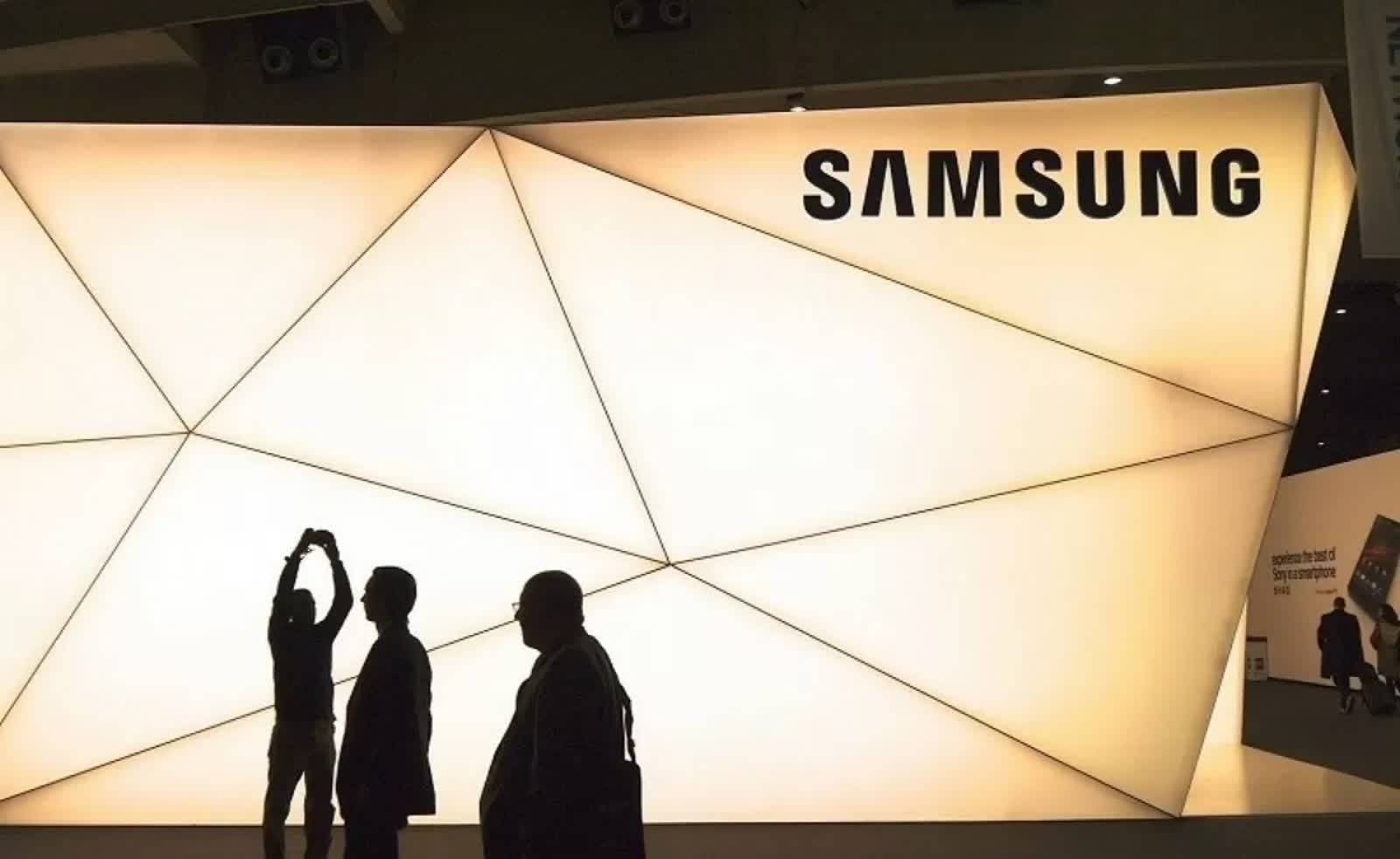Why it matters: Despite an ongoing worldwide chip shortage, Samsung appears immune to the current state of affairs affecting its bottom line. The tech giant is expecting to report its best quarterly profit in three years, as well as record sales.
The South Korean conglomerate revealed in its earnings report (via Financial Times) that it achieved a profit of 15.8 trillion won ($13.2 billion) between July and September 2021, an increase of 28 percent from the same quarter in 2020. That figure is the largest since the company's 2018 third-quarter operating profit. Rising prices for semiconductors amid the global shortage contributed to the earnings boost.
Samsung, the world's biggest manufacturer of smartphones and memory chips, also reported sales growth of 9 percent to a record high of 73 trillion won during the quarter, with orders being fuelled by the increasing demand for consumer electronics during lockdowns.
Moving forward, however, the outlook is not as optimistic. While some companies could be in possession of chip stockpiles, chip prices are expected to continue to rise, and the shortage will most likely continue into 2022 (even beyond 2022 for the automotive industry).

"As we enter the 'with Covid' era, with more people returning to normality, demand for electronics such as laptop computers and TVs is weakening," said Kim Young-woo, an analyst at SK Securities. "Rising inflation will also drive up their production costs, which will subsequently damp demand."
Profits for its mobile division are likely to be 3.7 trillion won, analysts said, a decrease from 4.45 trillion won in 2020. However, it's an increase from the previous quarter's 3.2 trillion won profit thanks to the recent success of its foldable smartphones. Around 2 million Galaxy Z Fold 3 and Z Flip 3 models have been sold since their August launch.
Mobile earnings were ultimately diminished by marketing costs, and the chip shortage affected production levels. Overall, Samsung's smartphone shipments dropped to 69 million in the third quarter compared to 80 million in 2020, according to an analyst. U.S. suppliers reportedly rejected the company's request for more chips, with Samsung even going as far as apparently leaving behind a vice president in the country for 3 months to find a solution.
